Commercial Dumpster Rental – SBC Waste Solutions
Simplifying Your Waste Management with a Commercial Dumpster Rental
In today’s fast-paced business world, efficiency and sustainability are at the forefront of operational priorities. One aspect that often goes overlooked, yet has a significant impact on both, is waste management. Simplifying this critical function doesn’t just contribute to a healthier planet—it can streamline your operations, save money, and even enhance your brand’s reputation. That’s where the smart solution of commercial dumpster rental comes into play. Whether you’re running a small business, overseeing a large corporation, or managing a construction site, understanding the ins and outs of effective waste disposal through dumpster rental can transform the way you handle trash and recyclables. Continue reading as we explore how a commercial dumpster rental can be the game-changer in your waste management strategy, making it simpler, more efficient, and surprisingly hassle-free.
Understanding Commercial Dumpster Rentals
Before integrating a commercial dumpster rental into your waste management strategy, it’s crucial to understand what it entails and how it can benefit your business. Essentially, a commercial dumpster is a large container that is temporarily provided by waste management companies for the disposal of trash, construction debris, or recyclables. These dumpsters come in various sizes, making them suitable for businesses of all scopes and scales. The rental service typically includes the delivery of the dumpster to your site, scheduled pick-up, and proper disposal or recycling of the waste. This streamlined process not only reduces the workload on your employees but also ensures that your business complies with local waste disposal regulations, thereby minimizing environmental impact.
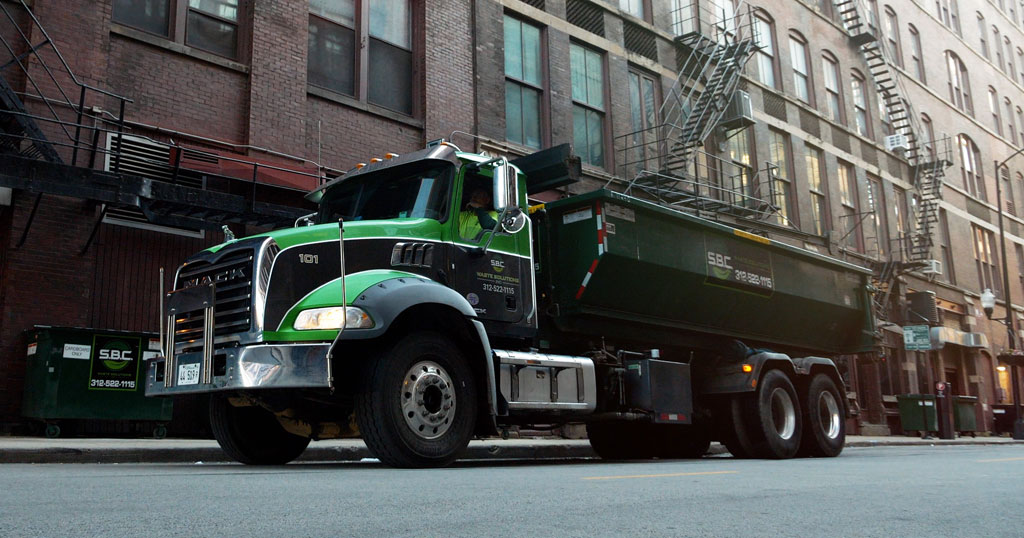
Commercial Dumpster Rental
The Benefits of Renting a Commercial Dumpster
Opting for commercial dumpster rental offers a myriad of benefits that can significantly enhance the efficiency and sustainability of your business’s waste management strategy. Firstly, it simplifies the process of waste collection and disposal, allowing your business to dispose of large volumes of waste easily and effectively. This is particularly advantageous for businesses that generate substantial amounts of waste daily. Additionally, since a professional waste manager manages the disposal process, it ensures that your waste is handled in a manner compliant with local legislation and environmental standards, reducing your business’s liability and promoting a greener brand image. Furthermore, the flexibility in scheduling pick-ups and selecting appropriate dumpster sizes means that you can tailor the service to meet the specific needs of your operation, avoiding any unnecessary costs or logistical challenges. In essence, renting a commercial dumpster can streamline your operations, enhance your sustainability efforts, and potentially save your business money in the long run.
How to Choose the Right Size Dumpster for Your Business
Selecting the appropriate dumpster size for your business is crucial to maximizing the effectiveness and cost-efficiency of your waste management strategy. To make an informed decision, start by evaluating the volume of waste your business typically generates. This includes considering both your day-to-day operations and any special projects that may increase waste output. Dumpster sizes are typically measured in cubic yards, with options ranging from small 10-yard dumpsters suitable for minor renovations or small business use to large 40-yard dumpsters ideal for construction sites or large-scale cleanouts. Consulting with your rental provider about your business’s specific needs can also guide you in choosing the right size. They can offer valuable insights based on their experience with similar businesses and help you anticipate your waste disposal needs, ensuring you select a dumpster that is neither too small (leading to overflow issues and additional rental fees) or too large (resulting in unnecessary costs for unused space).
The Process of Renting a Commercial Dumpster
The process of renting a commercial dumpster is straightforward, designed to ease the burden of waste management on your business. Initially, research and identify reputable waste management companies that offer commercial dumpster rental services in your area. Once you have a list, contact these companies to get quotes and understand the terms of service they provide. This step allows you to compare pricing and select a service that offers the best value for your needs and budget.
After choosing a provider, the next step involves selecting the appropriate dumpster size for your business, as previously discussed. The waste management company will then schedule a convenient delivery time and place the dumpster at a designated spot on your property, following any specific instructions you may have provided to ensure safety and regulatory compliance.
Throughout the rental period, your business can dispose of waste as needed. Should the dumpster fill up before the scheduled pick-up, most companies offer additional haul-away services for an extra fee. When the rental period ends, or the dumpster is full, the waste management company will collect the dumpster and dispose of the contents according to local regulations and environmental guidelines.
Best Practices for Waste Management Using Your Rental Dumpster
To optimize the use of your commercial dumpster rental and promote efficient waste management within your business, the adoption of best practices is essential. Firstly, it’s crucial to segregate waste at the source. This involves differentiating between recyclable, non-recyclable, and hazardous waste, ensuring that each type is disposed of in the appropriate container. This not only aids in recycling efforts but also prevents the contamination of entire loads, which can lead to additional costs and environmental harm.
Another important practice is to maximize the space within your dumpster. This can be achieved by breaking down boxes, disassembling furniture or equipment that is being disposed of, and placing heavier items at the bottom. Such an organization prevents air pockets and ensures that the available space is used efficiently, potentially reducing the frequency of pick-ups needed.
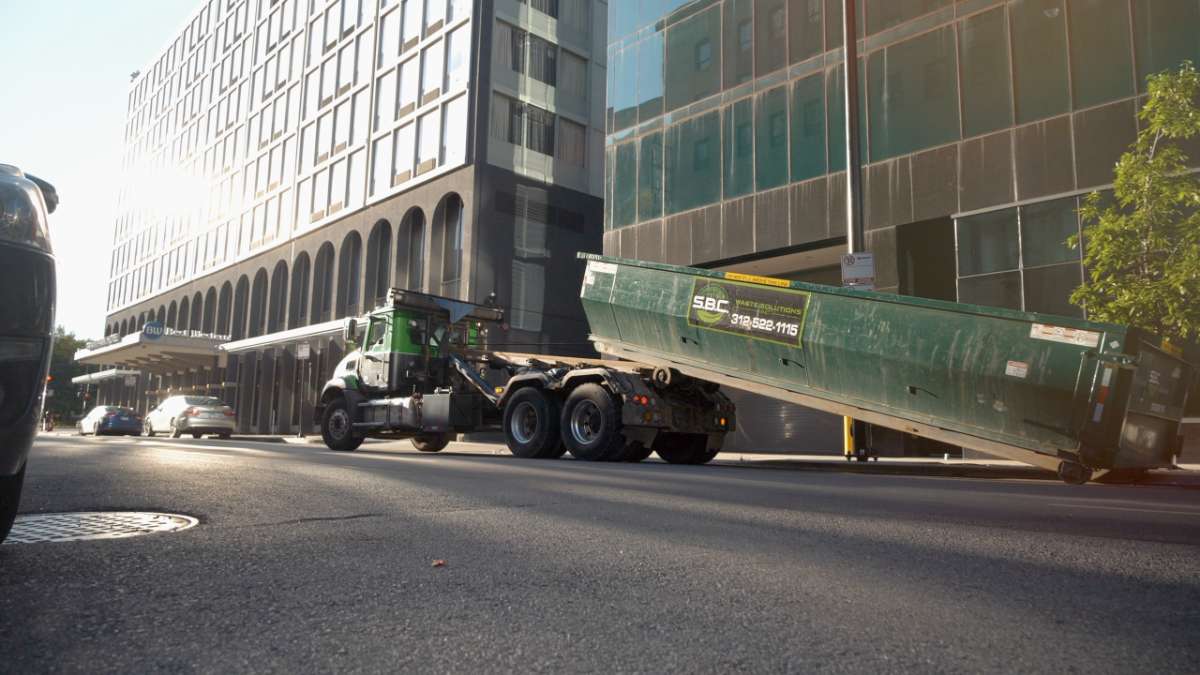
40 Yard Dumpster
Furthermore, it’s paramount to adhere to the weight limits specified by your rental agreement. Overloading the dumpster can result in extra charges and pose safety risks during transportation. Familiarizing yourself and your employees with the list of prohibited items—such as batteries, paint, and electronic waste—and ensuring these do not end up in the dumpster is also essential for maintaining a safe and environmentally responsible waste management system.
Lastly, maintaining communication with your waste management provider can significantly enhance the effectiveness of your dumpster rental. Regularly updating them on your waste disposal needs, any changes in the type of waste produced, and feedback on the service received will enable them to offer tailored advice and adjustments to your rental plan, ensuring your business’s waste management needs are continually met in an efficient and compliant manner.
Common Mistakes to Avoid When Renting a Dumpster
Renting a commercial dumpster for your business is a critical step towards efficient waste management, but there are common pitfalls that can hinder its effectiveness and even lead to increased costs. One of the primary mistakes to avoid is underestimating the size of the dumpster needed. Opting for a smaller size to save on upfront costs can result in overflow problems, leading to additional fees for extra pick-ups or swapping out the dumpster for a larger one. Conversely, choosing a dumpster that’s too large for your needs not only incurs unnecessary expenses but also wastes valuable space on your property.
Another error businesses often make is disregarding prohibited items. Waste management companies have strict regulations on what can and cannot be disposed of in their dumpsters, primarily for safety and environmental reasons. Failing to comply with these regulations can result in fines, service interruptions, or the refusal of waste collection.
Neglecting to plan for the placement of the dumpster is another oversight. The selected site must be easily accessible for both filling and collection, and comply with local regulations, which might require permits. Poor placement can lead to operational disruptions or additional charges for moving the dumpster.
Finally, overlooking the importance of a clear contract and communication with your provider can lead to misunderstandings about the terms of service, including pickup schedules, rental duration, and fees for exceeding weight limits or rental periods. Ensuring that all terms are understood and agreed upon before finalizing the rental will prevent unexpected charges and help maintain a beneficial relationship with your waste management provider.
In conclusion, effectively managing waste through commercial dumpster rental requires careful planning, adherence to best practices, and open communication with your service provider. By avoiding common mistakes such as underestimating size needs, ignoring prohibited items, mismanaging dumpster placement, and overlooking the details of your rental agreement, your business can maintain a streamlined waste management process. This not only supports operational efficiency and compliance with local regulations but also contributes to your company’s environmental stewardship efforts. Remember, a well-managed waste disposal system is an integral part of the operational health and environmental responsibility of any business.
https://www.google.com/maps?cid=4180240075447051620

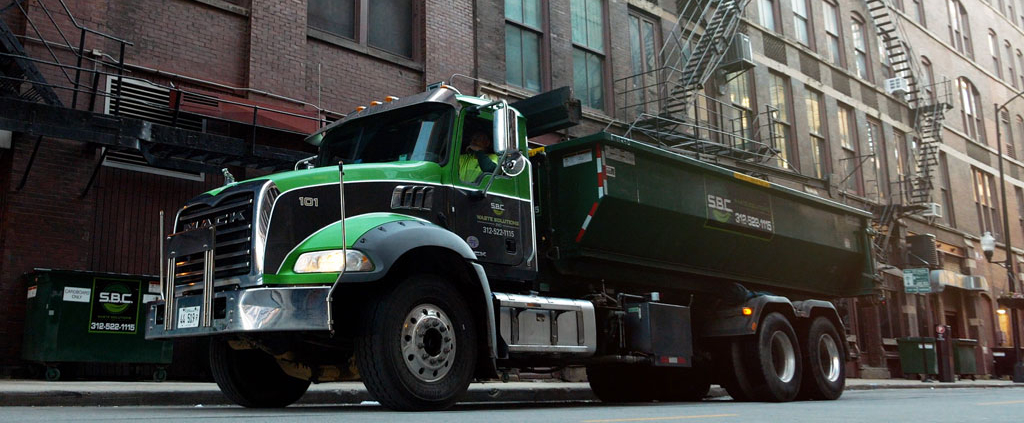

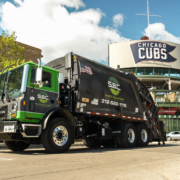

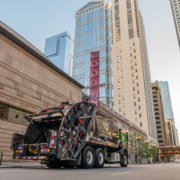




Leave a Reply
Want to join the discussion?Feel free to contribute!